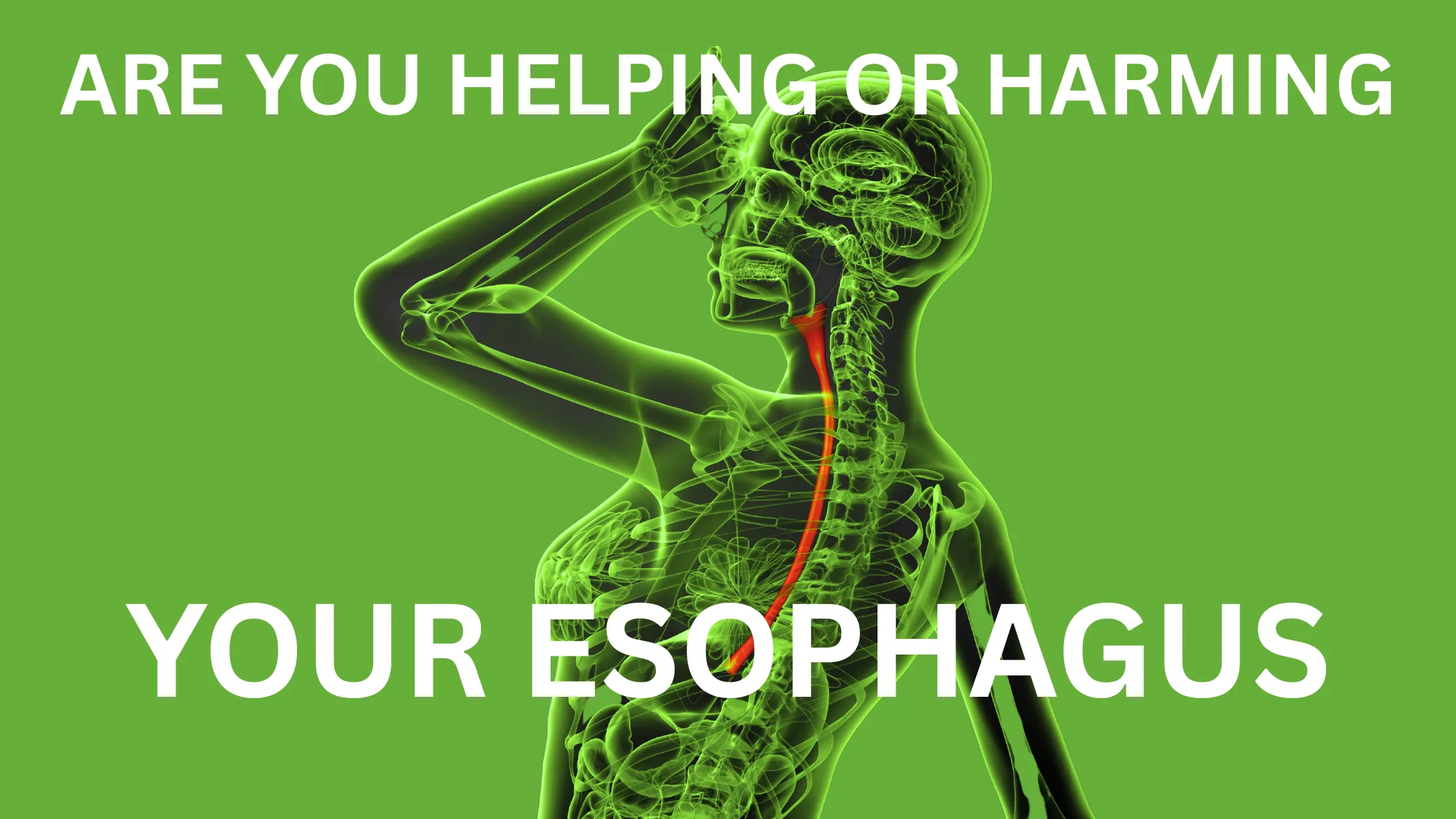Diagnosing Food Sensitivities

I spent 15 years with undiagnosed food sensitivities. When I first started getting symptoms my doctors started saying “at your age”. I was hearing this at age 39 and heard it all the way until I finally connected the dots to food and my gut. This is NOT about ageing. After I healed my gut, all my symptoms, conditions and diseases disappeared and I’m older now than I ever was. It’s just not true.
There are a few ways to find out if certain systemic or digestive issues are triggered by food sensitivities – from trial and error to working with a healthcare professional:
1. Food Diary – keeping a food diary over the course of a week can be the most straightforward and low-cost way to find out what foods you may be sensitive to. Any time you notice an allergic reaction, you refer back to what you have eaten and try to identify the common factors. Since reaction may be triggered not by the main ingredients of the dish, you need to be as detailed and specific as possible. If a packaged food triggers a reaction, you may need to go back and read the label to make sure you have addressed all the ingredients. Also make sure you record all meals, snacks and beverages for accurate interpretation of the results.
In your food diary, record the date and time of your meal as well as any symptoms and the time that the symptoms occur.
2. Elimination Diet and Food Challenge Test – an elimination diet involves removing foods from your diet that you suspect is causing allergy reactions – common ones are diary, eggs, nuts, wheat and soy. This elimination phase usually lasts 2 – 4 weeks so that all the antibodies that cause the allergic reaction are cleared and you have a clean slate for the food challenge test. Most people who do have a food allergy would feel better at the end of this phase.
It is recommended that you work with a qualified professional to ensure that your diet still contains the nutrition and calories your body needs without accidentally including the potentially allergenic foods that you set out to test. During this phase, it’s best to prepare your own meals to avoid contamination. If you have to dine out, make sure you ask your server about the ingredients used in the dishes. If you eat any packaged foods, read the ingredient lists carefully to make sure that you are not ingesting foods that are being eliminated – you may be surprised how certain food or ingredient is lurking in everything that we buy!
After the elimination diet phase, you will enter the food challenge phase during which you will be adding the suspected foods back into your diet, one at a time, and noting any reactions you have using a food diary. You can then discuss the results with the health professional that you are working with and work with a [health coach/nutrition consultant etc. – your area of expertise] to design a diet that addresses your specific needs.
3. Skin Test or Blood Test – these tests are carried out at a doctor’s office to determine various causes of allergies. A “positive” result means that the person has a specific allergic antibody to the substance tested. However, a positive allergy test does not necessary mean that the person will display allergic reaction to the substance in question. Therefore, an allergist is required to not only perform the test but also to interpret the results based on the patient’s symptoms. Of course, knowing what causes allergic reactions can save lives at times, but there are also people who got “false positive” results, which lead them to eliminate many foods from their diet and making their lives miserable. There are at home tests you can take but no test is perfect, you still have to be aware of other food triggers.
4. Stool Test – these tests can help you discover your food intolerances which are different than blood tests. This will help you discover foods you are having a problem digesting certain foods and why. Many times it has to do with lack of enzymes but there are other culprits. It’s not perfect for showing all your food intolerances but it can help to know why you are having certain food issues.
Even with all the testing, keeping a food diary is one of your most important tools. Doing proper food elimination is so important that I offer a very inexpensive 30-Day challenge to educate you on how to do it properly. Many people do it wrong. If you are super sensitive and can’t add in new foods while you eliminate then it’s highly recommended you work with a nutritionist or FMD. Without proper nutrition your body will struggle to restore and rebalance. Elimination Done Right 30-day Challenge
Reference:
http://www.webmd.com/allergies/allergies-elimination-diet
http://allergies.about.com/od/allergies101/a/allergytest.htm

